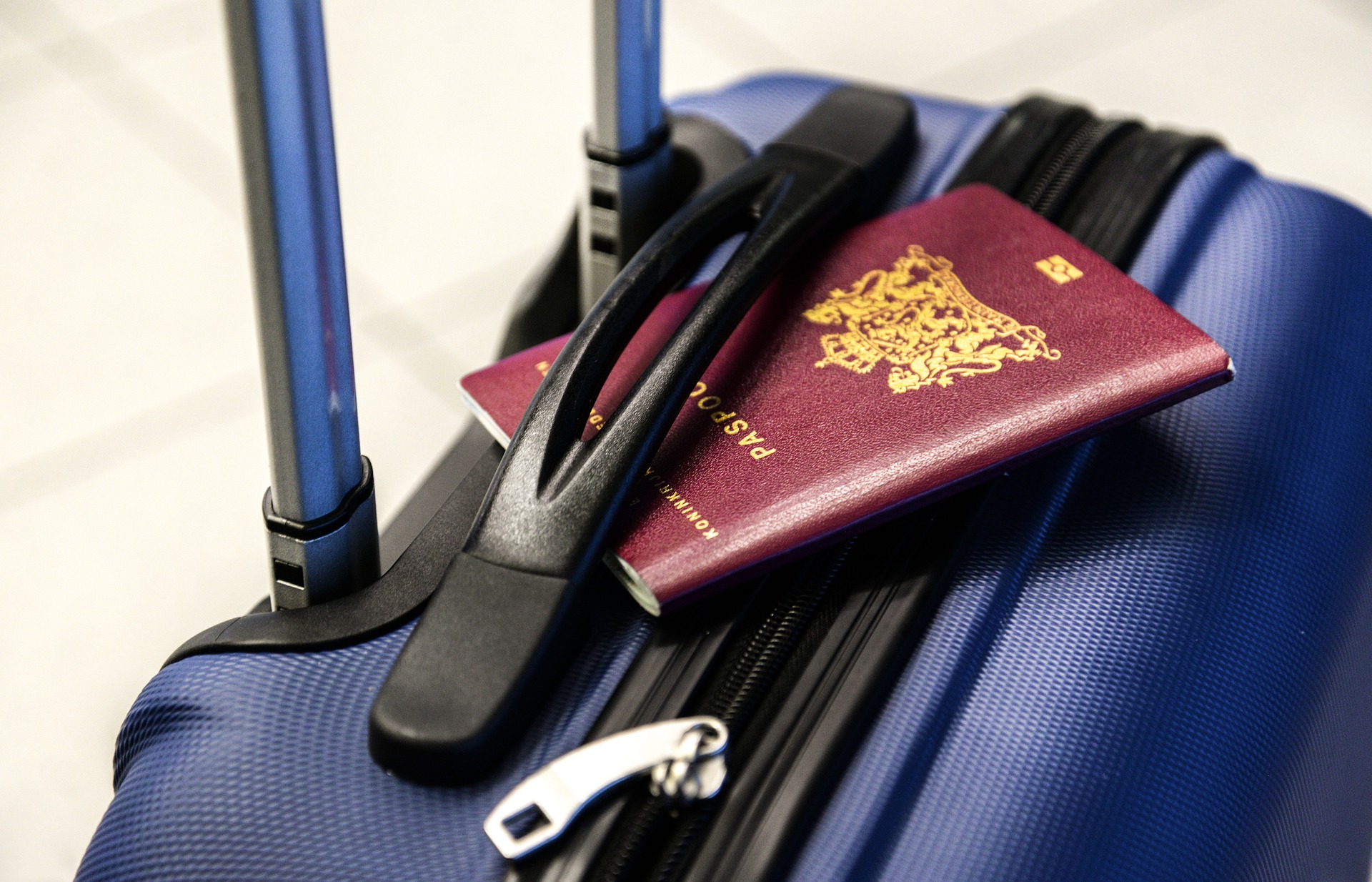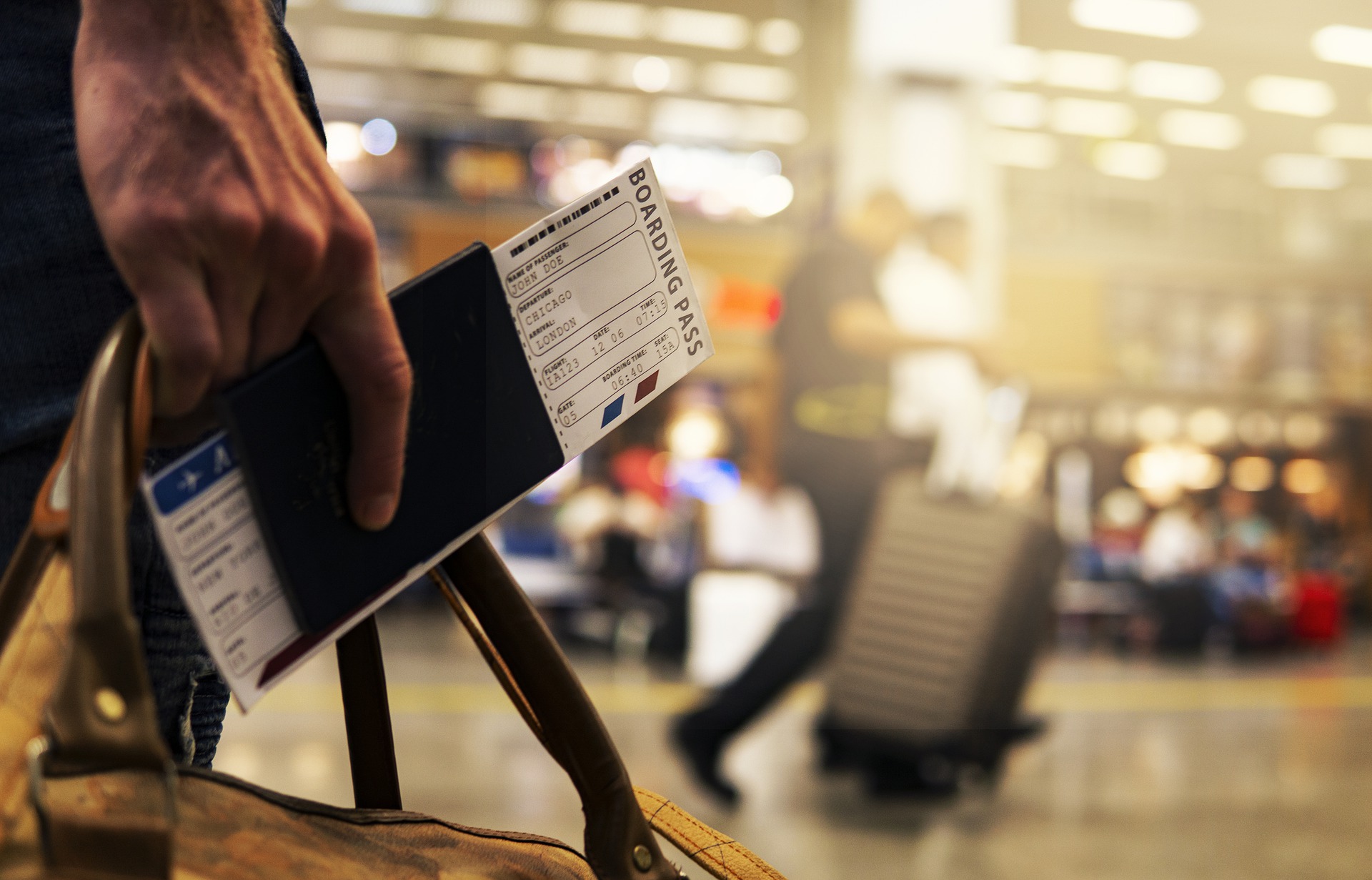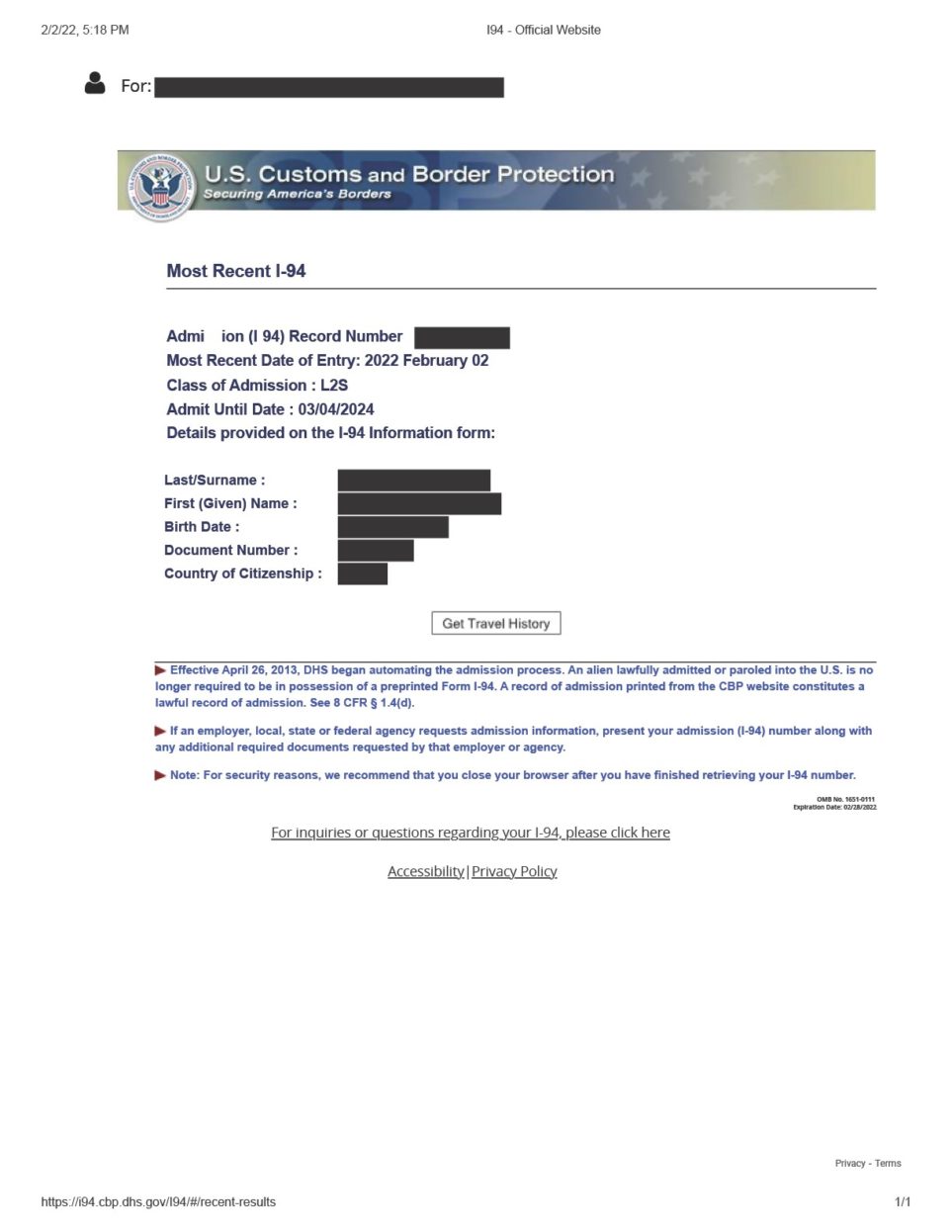 As of April 23, 2024, Portugal has joined the coveted list of countries eligible to participate in the E-2 Treaty Investor program via the passage of the Advancing Mutual Interests and Growing Our Success (AMIGOS) Act.
As of April 23, 2024, Portugal has joined the coveted list of countries eligible to participate in the E-2 Treaty Investor program via the passage of the Advancing Mutual Interests and Growing Our Success (AMIGOS) Act.
E-2 nonimmigrant visas are reserved for investors who are nationals of a treaty country. To qualify, an investment must be made into a U.S. company, the investor must hold at least 50% of the ownership interests, and the company must meet the E-2 visa requirements.
The E-2 visa is a very popular visa because there is no limit to the number of times the visa can be renewed, and it allows the company to sponsor other nationals of the treaty country as employees.
The addition of Portugal to the E-2 visa program presents a unique opportunity for Portuguese entrepreneurs to establish and grow their own businesses in the United States, while giving spousal dependents the opportunity to work for any employer in the United States.
It also presents an exciting opportunity for Brazilians who hold dual nationality with Portugal to participate in the program, as well as those who can obtain Portuguese citizenship through ancestry, legal residence, or by other lawful means.
Key Benefits of the E-2 visa program for Portuguese nationals
- By law, the E-2 visa does not require any minimum investment amount and instead focuses on whether the investment is proportional based on the nature of the business. In most cases, entrepreneurs invest anywhere from $50,000 to $100,000 in their businesses.
- E-2 treaty investor visas for Portuguese nationals are valid for five years and can be renewed indefinitely so long as the E-2 eligibility criteria are met.
- Spouses and unmarried children under the age of 21 can apply for E-2 dependent visas to accompany the E-2 principal investor in the United States. Spouses are eligible for work authorization and can work for any employer in the United States.
- Processing times for an E-2 visa interview at the U.S. Embassy in Lisbon can vary, but applicants can generally expect to be called for an interview approximately three months after submitting their application. Upon approval, visas are typically issued within three to five business days.
- Brazilians who hold dual nationality with Portugal can apply for the E-2 visa at the U.S. Consulate in Sao Paulo, the designated adjudicating post in Brazil for E-2 Treaty Country nationals.
 Visa Lawyer Blog
Visa Lawyer Blog











